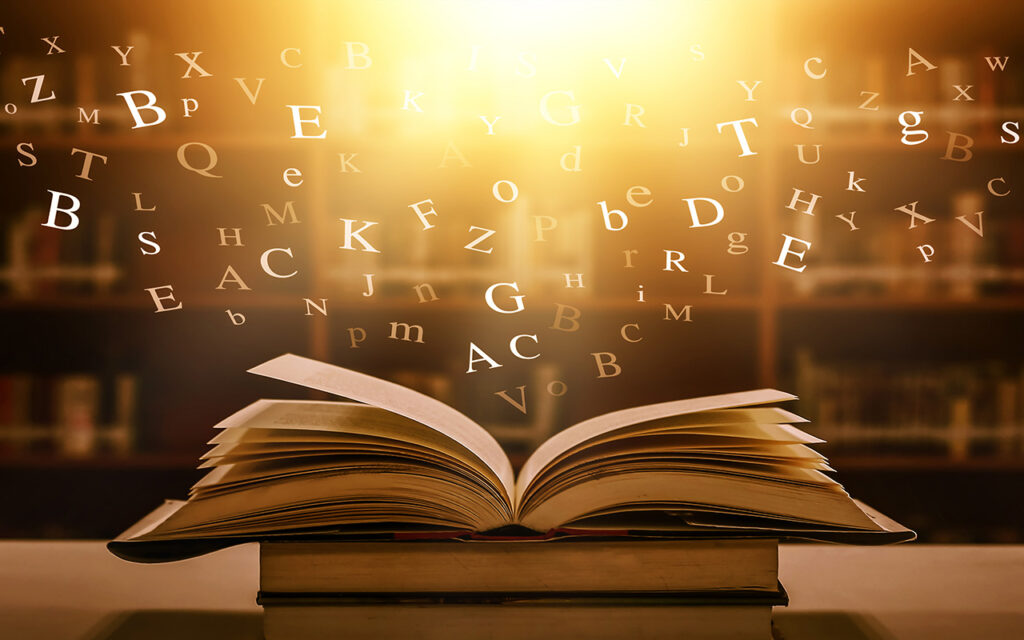
Are you old enough to remember the gleaming encyclopedia sets that once dominated living room bookshelves?
They were my childhood version of Google — all the world’s knowledge in a searchable format, albeit tedious alphabetical order of the index book and the entries themselves.
My dad bought us Collier’s in the early ’70s. The day those volumes arrived was a big deal. I was just a kid, and hardly understood what they were for, but Dad assured us we were lucky to have such an amazing resource right there in our living room.
Other families had Britannica, World Book, or Funk & Wagnalls.
Status symbols that said, “In this house, we value knowledge.” (Watching our way through The Dick Van Dyke Show with our kids, I noticed there’s often a set of Encyclopedia Americana visible on the 1960s homes’ or offices’ shelves. It was a message, not mere décor.)
Now Britannica, which stopped its print editions in 2012, is positioning for an IPO that could value it at nearly $1 billion.
What?
How?
By leveraging its greatest asset: two centuries of meticulously vetted knowledge. Every word fact-checked for decades to the highest standards.
Amidst a global maelstrom of “fake news” claims, and while ChatGPT and other AI models suffer “hallucinations” from ingesting the entire internet (including all its misinformation), Britannica’s database is pure gold — carefully curated content from verified, trusted experts.
In I Need That, I talk about how successful products evolve by building on their core strengths while adapting to new needs.
Britannica isn’t trying to compete with Wikipedia. One better, they’re developing AI-powered education software for schools and libraries, using their trusted content to create personalized learning experiences.
For product makers, this is a clinic in evolution. When your core product stands to become obsolete, look for adjacent opportunities where your fundamental strengths still matter.
If you aligned with the popular fears, AI should obliterate whatever was left of Britannica. Instead, the two can pair to become the gold standard of intelligence AND trustworthiness.
Action for you: What trusted assets could your product leverage in new ways? Sometimes your greatest value isn’t where you think it is.
Laurier
P.S. I loved those transparent anatomy pages where you could peel away layers of the human body. And they’re still cool. Some innovations are timeless.
